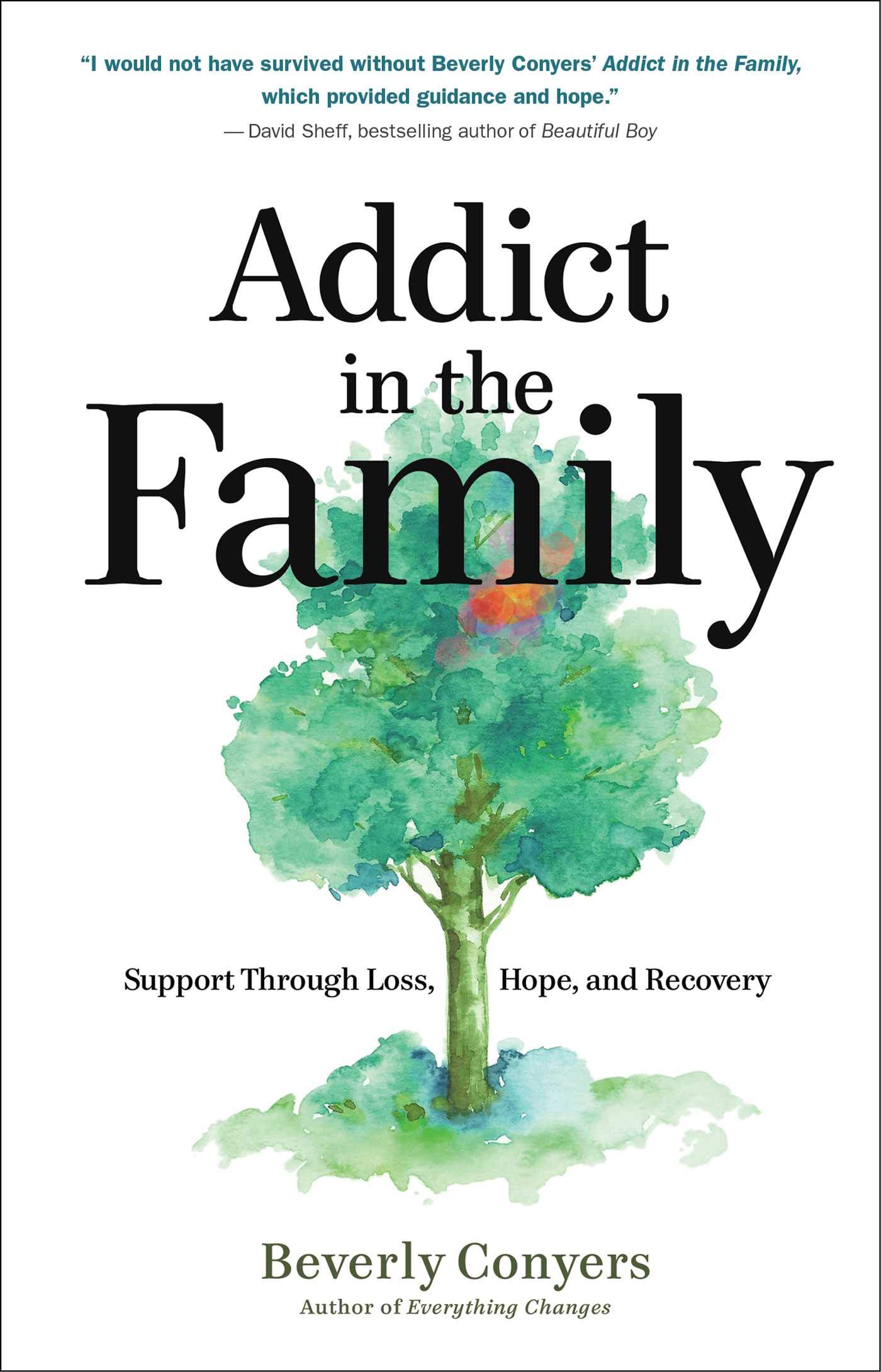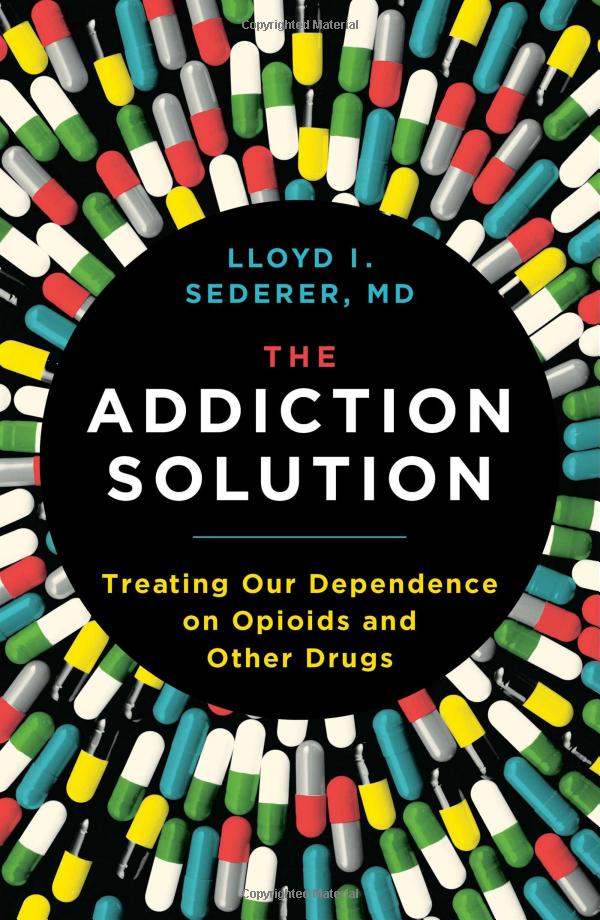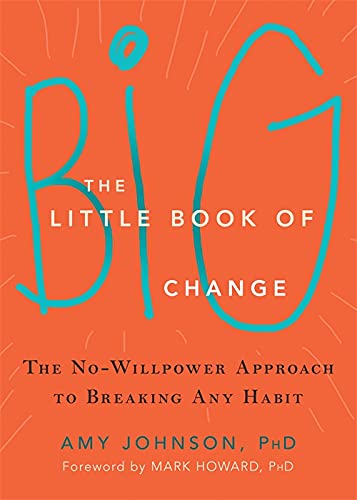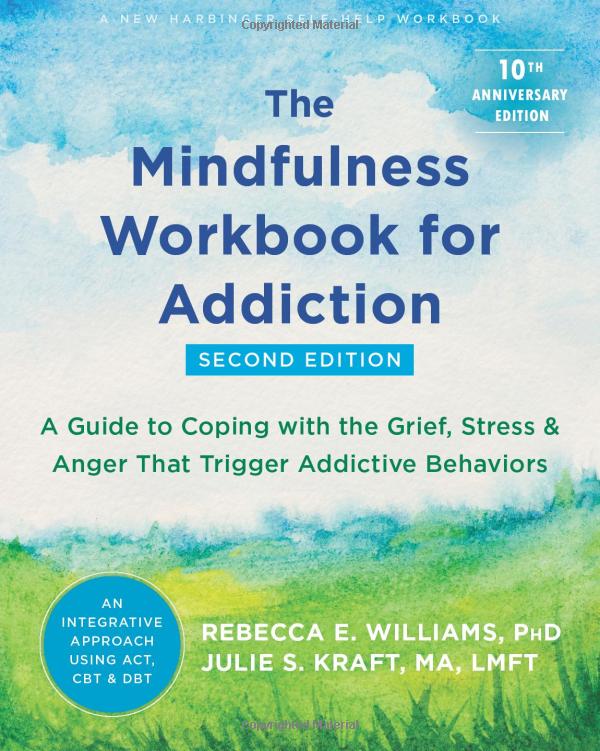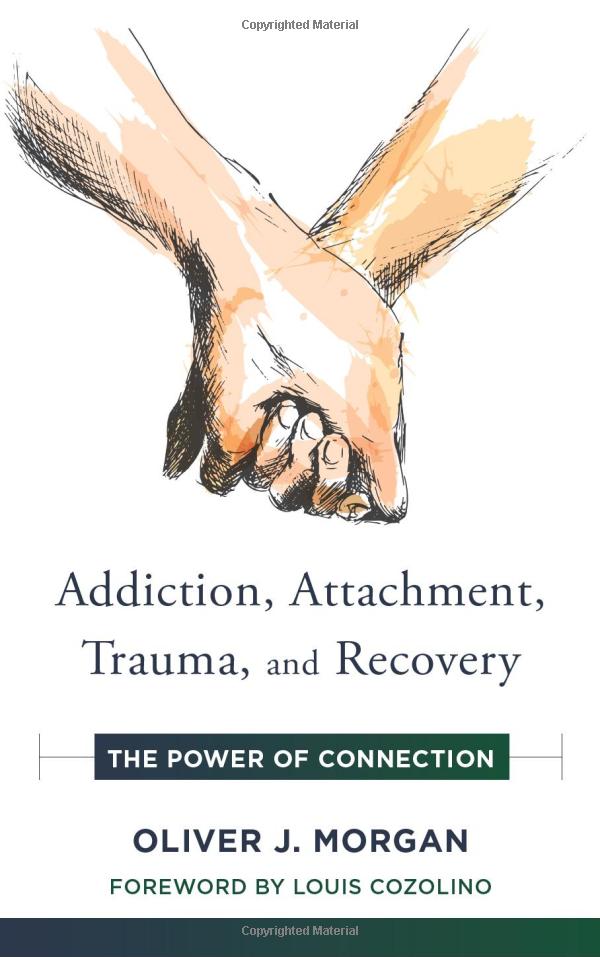Nirvana’s frontman, Kurt Cobain, is remembered not only for his groundbreaking musical contributions but also for his tragic battle with drug addiction. The devastation that addiction can wreak on an individual, their loved ones, and their community is vividly illustrated by the story of Kurt Cobain. Throughout his music and in the press, Cobain detailed his struggles with heroin addiction. Songs like “I Hate Myself and Want to Die” revealed his internal battles not only with substance abuse but also his suicidal thoughts. Despite his candour about his addiction, few knew the extent of his suffering or the severity of the daily struggles he faced.
While trying to escape his troubled upbringing, Cobain first experimented with drugs in his teenage years. Aside from marijuana and alcohol, he also tried heroin, and his drug use only got worse as his success and popularity increased.
Cobain had great success as the lead singer of Nirvana, with songs like “Smells Like Teen Spirit” and “Come As You Are” becoming anthems of a generation, despite his struggles with addiction. Behind the scenes, however, Cobain was dealing with severe mental anguish and substance abuse, both of which contributed to his untimely death. Despite his immense musical talent, Kurt Cobain often had his struggles with addiction and mental illness overlooked. People looked up to him as the face of the grunge scene and the spokesperson for an entire generation, but few knew about his struggles with drug abuse and mental illness.
Cobain committed suicide in his Seattle apartment in 1994. The music industry lost a huge talent, and his death highlighted the ongoing fight against addiction and mental illness.
One of the factors that contributed to Cobain’s addiction was his early childhood trauma.
He was profoundly affected by his parents’ divorce when he was nine years old, and he never fully recovered from the emotional fallout. His struggles with addiction and depression after this trauma are understandable. Traumatic experiences, such as abuse, neglect, violence, or loss, are common among those who struggle with addiction and mental health issues. Anxiety, depression, post-traumatic stress disorder (PTSD), and addiction are just some of the mental and emotional health problems that can develop as a result of experiencing trauma.
Kurt Cobain, unfortunately, battled feelings of isolation and isolation from the world. The loneliness and hopelessness he felt were reflected in his music, and he turned to heroin as a means of relieving his suffering and coping with his mental anguish. These circumnstances are not far removed to many people whom have grown up in divorced households and emotionally neglected as children.
Addiction, depression, and suicide all have intricate connections, but each must be addressed separately. Adverse childhood experiences often manifest as adult depression and other mental health problems for many people who battle addiction.
Addiction, for some, can be a form of self-medication, an attempt to dull the ache of unresolved emotional issues.
The tragedy of Kurt Cobain’s life demonstrates the urgency of confronting issues of substance abuse and mental health. Addiction is a complex disorder that can strike anyone of any social or economic standing, so it’s important to keep that in mind. Addiction is a disease that demands our compassion and understanding rather than our judgement and shame. Addiction and mental health issues were often stigmatised and misunderstood, which was a contributing factor.
There was a failure to appreciate the nuanced nature of addiction and the significance of offering assistance to those who were struggling.
Furthermore, Cobain’s experience emphasises the significance of providing people with substance abuse and mental health issues with the treatment and support they need. No matter a person’s socioeconomic status or geographical location, they should be able to obtain the high-quality, evidence-based care and support they need.
Kurt Cobain’s tragic battle with addiction is a sobering example of the devastation that addiction can cause. Addiction and mental health are serious issues that require a compassionate, understanding, and dedicated approach to care and support. As a result, we can aid in averting further tragedies and assisting individuals on their way to healing and restoration.
In retrospect, it’s clear that we could have done more to help Kurt Cobain on his road to recovery from drug and alcohol addiction. High-quality care and support, such as addiction treatment, mental health counselling, and pain management, would have been more helpful than merely focusing on his music.
The importance of treating substance abuse and mental illness with empathy and care has been widely recognised in recent years. Support groups, therapy, and medication are just some of the options available to people who are having trouble. As long as we keep talking about addiction and mental health in the open, we have a fighting chance of ending the stigma associated with these issues and helping people get the help they need to recover.


